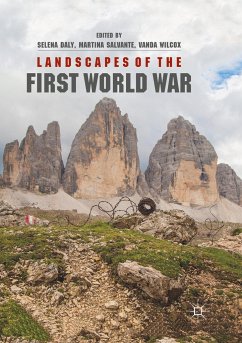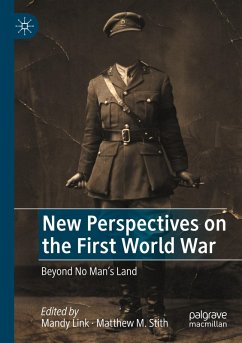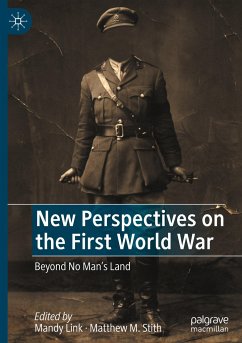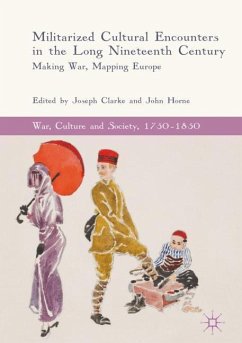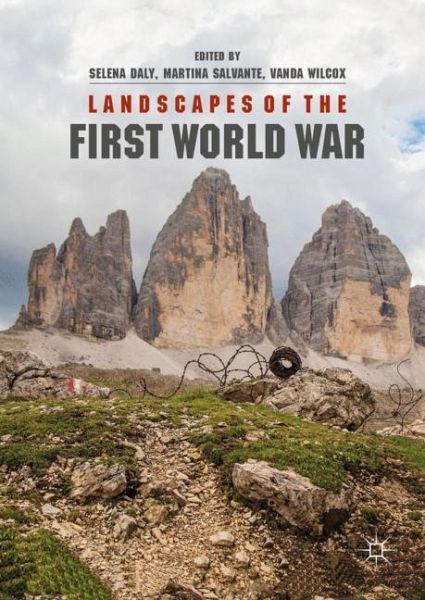
Landscapes of the First World War

PAYBACK Punkte
42 °P sammeln!
This comparative and transnational study of landscapes in the First World War offers new perspectives on the ways in which landscapes were idealised, mobilised, interpreted, exploited, transformed and destroyed by the conflict. The collection focuses on four themes: environment and climate, industrial and urban landscapes, cross-cultural encounters, and legacies of the war. The chapters cover Europe, Russia, the Middle East, Africa and the US, drawing on a range of approaches including battlefield archaeology, military history, medical humanities, architecture, literary analysis and environmen...
This comparative and transnational study of landscapes in the First World War offers new perspectives on the ways in which landscapes were idealised, mobilised, interpreted, exploited, transformed and destroyed by the conflict. The collection focuses on four themes: environment and climate, industrial and urban landscapes, cross-cultural encounters, and legacies of the war. The chapters cover Europe, Russia, the Middle East, Africa and the US, drawing on a range of approaches including battlefield archaeology, military history, medical humanities, architecture, literary analysis and environmental history.
This volume explores the environmental impact of the war on diverse landscapes and how landscapes shaped soldiers' experiences at the front. It investigates how rural and urban locales were mobilised to cater to the demands of industry and agriculture. The enduring physical scars and the role of landscape as a crucial locus of memory and commemoration are also analysed.
The chapter 'The Long Carry: Landscapes and the Shaping of British Medical Masculinities in the First World War' is open access under a CC BY 4.0 license via link.springer.com.
This volume explores the environmental impact of the war on diverse landscapes and how landscapes shaped soldiers' experiences at the front. It investigates how rural and urban locales were mobilised to cater to the demands of industry and agriculture. The enduring physical scars and the role of landscape as a crucial locus of memory and commemoration are also analysed.
The chapter 'The Long Carry: Landscapes and the Shaping of British Medical Masculinities in the First World War' is open access under a CC BY 4.0 license via link.springer.com.



